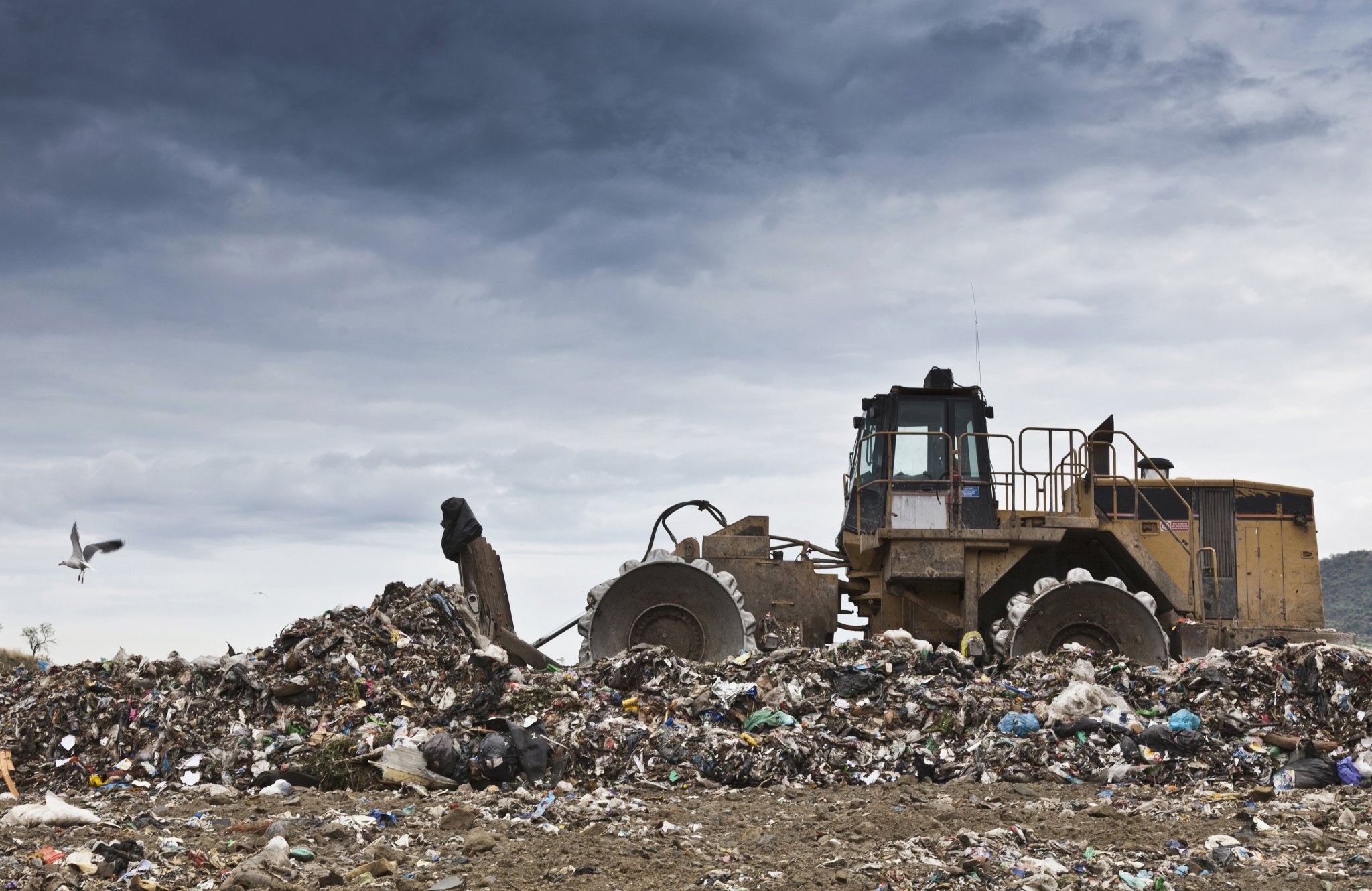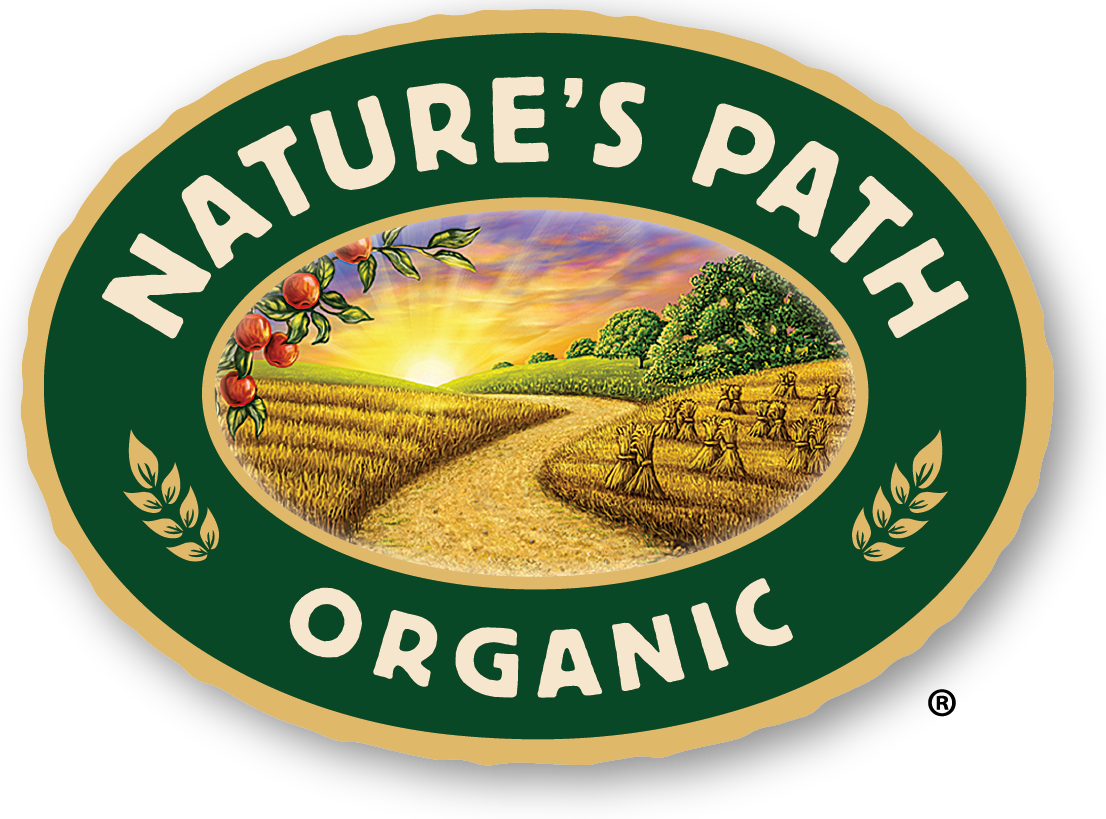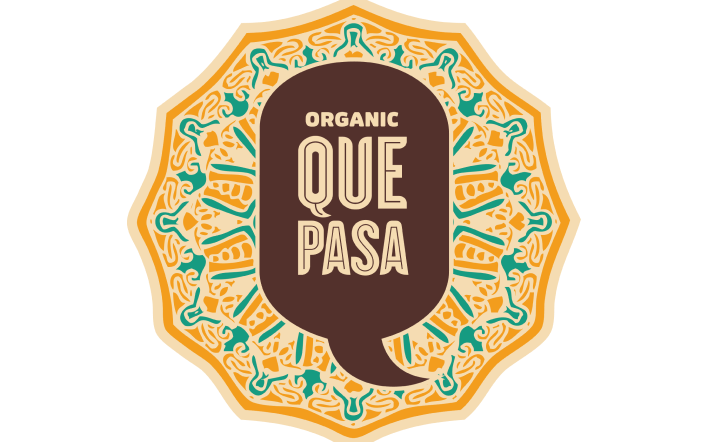
Our Ugly Garbage Problem Piling Up
Tags:
It’s nearly impossible to go an entire day without creating some sort of waste. Things like food packaging, delivery boxes or plastic envelopes, straws, tissues, and electronic waste reveal how our world has become disposable and temporary under the name of convenience.
Since the 1950’s, the world’s trash has been piling up at an alarming rate. The Washington Post reports the world's population produces at least 3.5 million tons of solid waste a day. That's 10 times the amount we produced a century ago. Literally tons of this waste is single-use plastics and non-recyclable items. Scientists predict that by 2050, our oceans will be filled with more plastic in weight than fish. If that's not scary enough already, our global waste problem could triple by the end of this century unless we make major changes.
Who’s to blame for this problem?
Globally, western countries produce a lot more waste compared to countries in Africa and South Asia, who produce the least. Canada and the United States produce more trash per capita than many other nations. With just five per cent of the world’s population, a 2006 Forbes article states the U.S. produces a quarter of our waste. The Conference Board of Canada reports that in 2009, Canadians produced the most municipal waste per capita than any other nation (777 kilograms per person). Meanwhile, countries like Japan and Norway produced about half that amount per person.How much of our trash is recycled?
Well—not much. While the numbers vary, just a quarter of the waste in Canada is recycled, while the rest is sent to places like landfills and garbage dumps. In the U.S., the recycling rate is higher at 34 per cent, according to the Environmental Protection Agency. Around the world, there are many shining examples of countries with more recycling infrastructure in place. According to OECD data, countries that recycle the most are:- Germany
- South Korea
- Slovenia
- Austria
- Belgium
What can we do about this dirty problem?
While all our growing trash may seem like a gross and gigantic problem, here's what we can do to cut down on our garbage:- Reduce single-use plastics, like coffee cups, plastic bags, food packaging, plastic utensils, etc.
- Support and take part in zero-waste initiatives
- Reduce food waste on your own and by supporting food waste initiatives
- Support policies and take part in recycling programs that encourage less waste (like bottle refund programs and paying for plastic bags and packaging)
- You know the saying: “reduce, reuse, recycle”—as much as possible!
Would you like to be the first to hear about our new products and more? Sign up for our Nature’s Path Newsletter.







